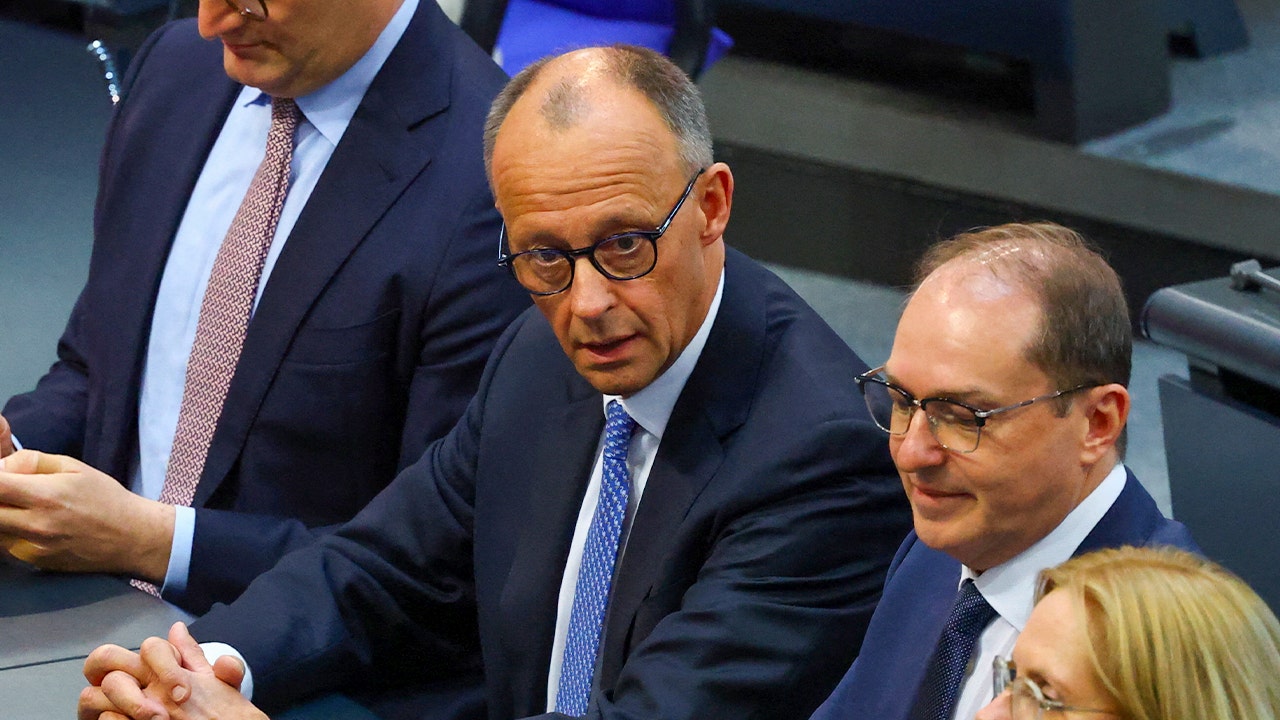WASHINGTON (AP) — A little-known federal court threw a giant monkey wrench into a foundational part of President Donald Trump's economic agenda by striking down most of the sweeping tariffs he has imposed since taking office.
The Court of International Trade, based in New York, on late Wednesday said that Trump had overstepped his authority by using a 1977 law, the International Economic Emergency Powers Act, to justify tariffs on Canada, Mexico, China, and more than 50 other nations.
The CIT typically deals with more obscure and highly-technical issues surrounding tariffs and trade policies, and rarely deals with cases of such magnitude. It handles trade-related disputes from all over the country, and as a result sits outside the standard federal court structure of district courts and appellate circuit courts.
Nine judges sit on the court, and most of its cases are handled by just one of those judges. But three judges considered the challenge to Trump's tariffs, which typically happens when a case involves “the constitutionality of an act of Congress, a Presidential proclamation, or an Executive order, or otherwise has broad and significant implications,” the court says on its website.
Its decisions can be appealed to the Court of Appeals for the Federal Circuit and then to the Supreme Court. The Trump administration has already said it will appeal.
Karoline Leavitt, White House press secretary, sharply criticized the decision, saying that the members of the three-judge panel “brazenly abused their judicial power to usurp the authority of President Trump” and added that the courts “should have no role here.”
Leavitt said the president’s tariff policies are “legally sound and grounded in common sense.”
Yet many trade and legal experts said that at least parts of the CIT's ruling would likely stand up under scrutiny.
Edward Alden, a senior fellow at the Council on Foreign Relations, said that the decision striking down Trump's 10% universal tariffs, as well as his so-called reciprocal tariffs on more than 50 countries, would likely withstand appeal. That's because, as the CIT pointed out, those duties are intended to counter trade deficits the United States has with those countries.
Yet Congress specifically said that duties to address trade imbalances must be applied under a different law, not IEEPA. That law allows a maximum of 15% tariff for up to 150 days.
“I think it’s airtight because there’s no way around the reasoning,” Alden said, “which is Congress controls tariffs and Congress quite explicitly delegated the authority” to a separate law.
Trump said that his duties on Canada, Mexico, and some of the tariffs on China were in response to those countries' alleged shortcomings in combatting illegal drugs and unauthorized immigration. It's possible that other judges will find that the president has the authority to impose those tariffs under the IEEPA law, Alden said.
Some of Trump’s duties — those on steel, aluminum, and cars — will remain in place because they rely on separate laws that weren’t challenged. Many economists have said that Trump could seek to re-impose many of his tariffs under a range of other laws that authorize tariffs, though usually after a legal process that can take a few months.
___
AP Writer Michelle Price contributed to this report.
.png)
 German (DE)
German (DE)  English (US)
English (US)  Spanish (ES)
Spanish (ES)  French (FR)
French (FR)  Hindi (IN)
Hindi (IN)  Italian (IT)
Italian (IT)  Russian (RU)
Russian (RU) 







Comments